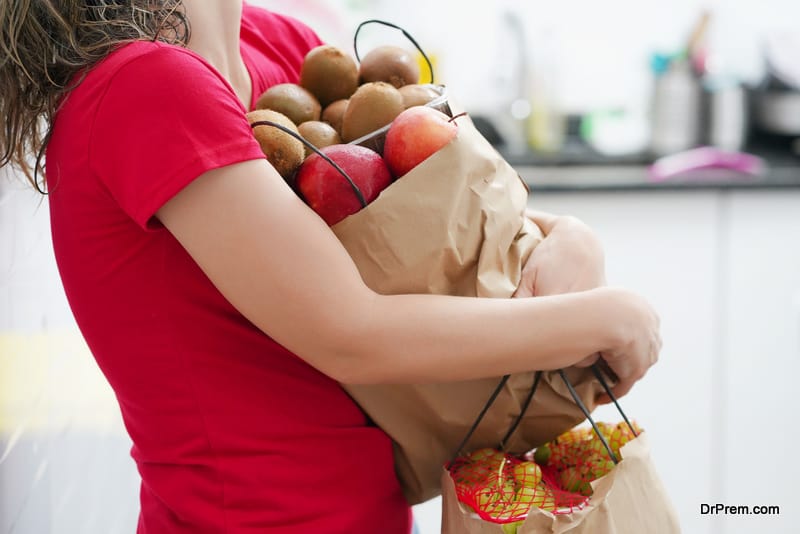An eco-friendly kitchen is a good way to start a healthy lifestyle . Find out some tips on how to go about it.
Tips for an eco-friendly kitchen
- Choose things that last – Choose cookware and utensils that are sturdy and opt for stainless steel or cast iron . They might cost you a lot so think of it as an investment since good cast iron utensils will last for generations. Choose sturdy utensils rather than cheap alternatives; low-quality wooden spoons, for example, can rot, and plastic will melt if you leave it on the stove too long.
- Gas vs. Electric-When it comes to the stove top, it can be a tough choice between gas and electric because there are conditions attached to both choices. Natural gas is a fossil fuel, but most of the electricity in the US comes from coal-burning power plants. If you prefer gas and are planning to purchase a new stove, remember that the lower the BTU output, the more energy-efficient your stove will be.
With electricity, the most efficient stoves are those that use induction elements which use less than half the energy of standard coil stoves.
- Appliances – If the time has indeed come to get rid of an old appliance, note that many communities have take-back programs, helping you to properly dispose of these things, which likely contain toxic chemicals and materials. If it is time to replace your appliances look for the Energy Star rating, available for almost all kitchen appliances like stoves, refrigerators and dishwashers.
- Waste Not – Carry your own shopping bags, buy fresh and unwrapped goods. If you are regularly disposing off food then reduce buying and cooking too much. Reuse whatever you can.
- Do It Yourself– Avoid purchasing pre-prepared, frozen foods, and make them yourself, at home; many meals are made to be frozen and reheated without any loss in taste or quality. You also know exactly what it is you are putting on your plate.
- Buy Local– They are preservatives, biocides -free . Whenever possible, buy from a community supported agriculture (CSA) co-op, local farmers’ markets or purchase directly from farmers themselves.
- Bulk buying – Buy in bulk and cook in bulk and consume what you purchase . Purchasing from the bulk bins mean less packaging, and fewer trips to the store, and also more savings at times.


